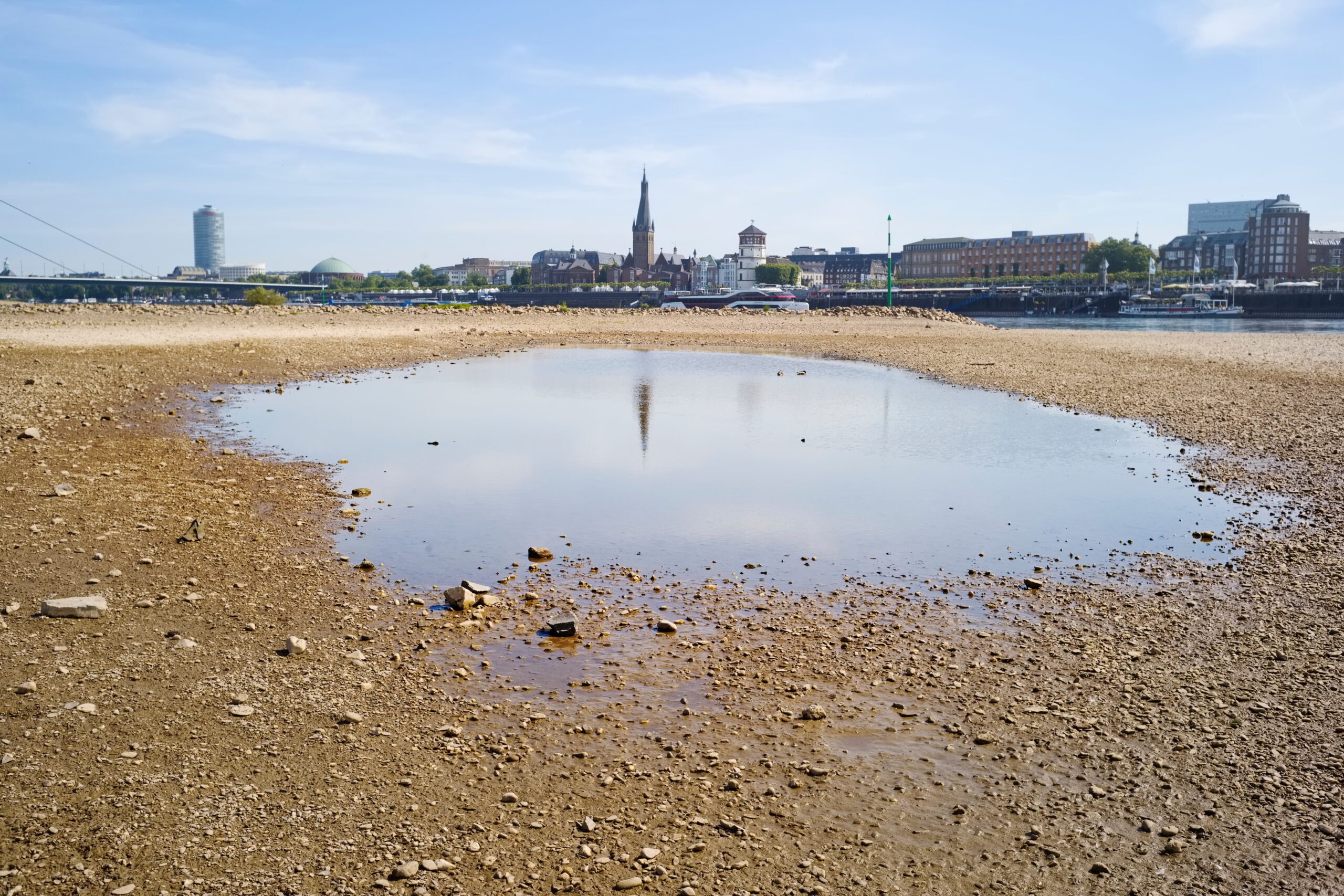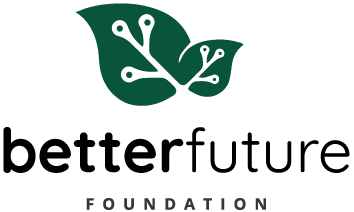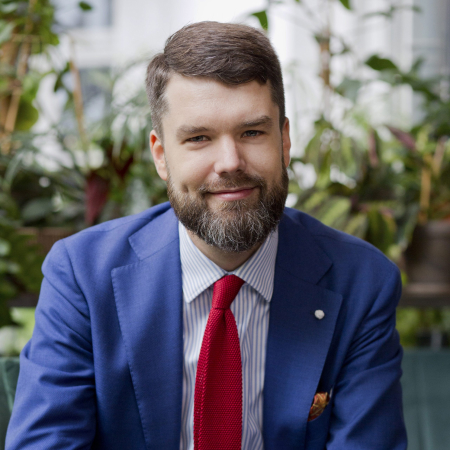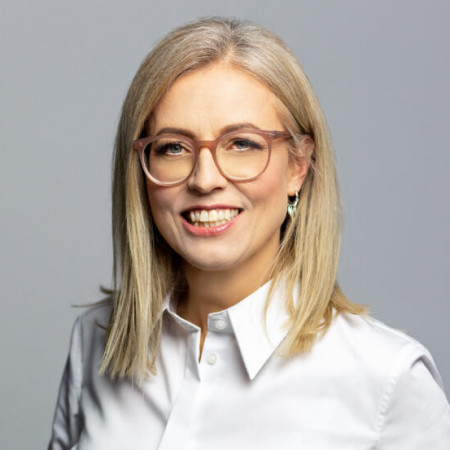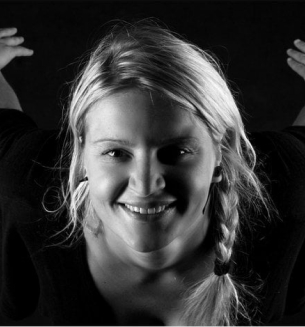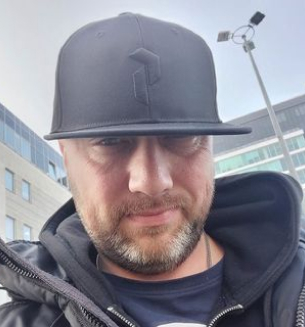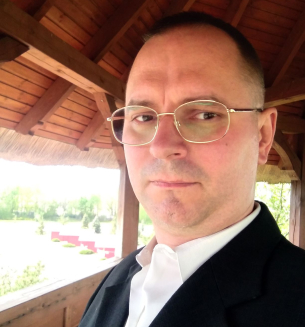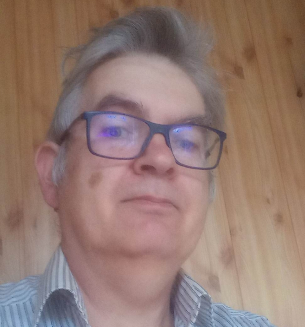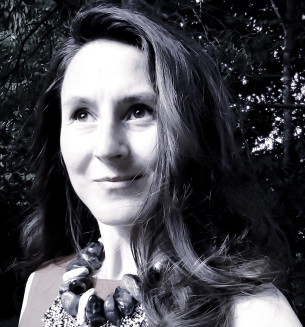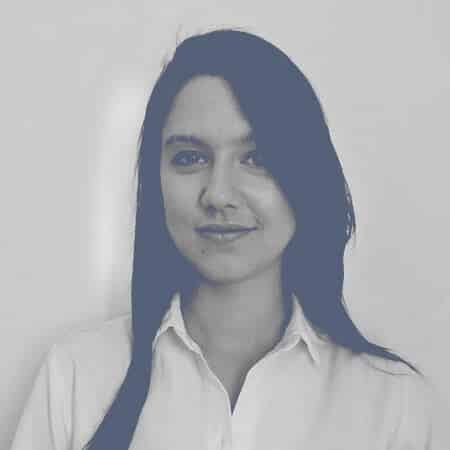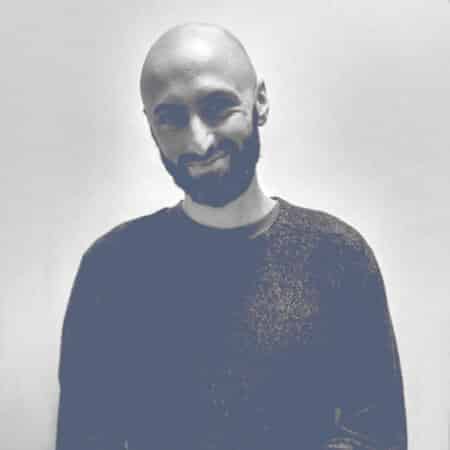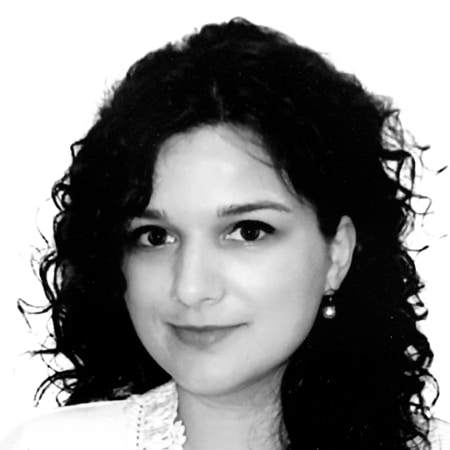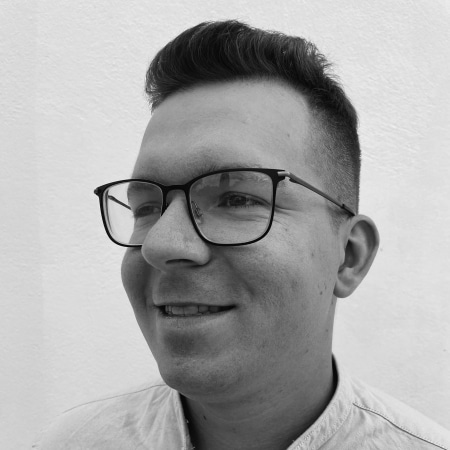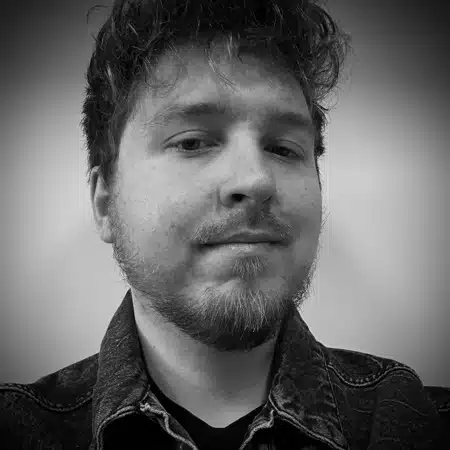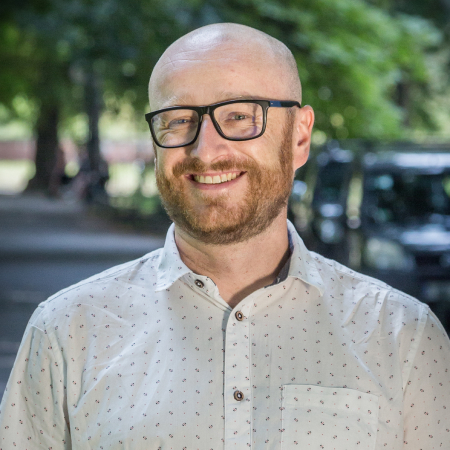Is activism strong here?
We have Fridays for Future, Mothers for Climate, Extinction Rebellion. EX is more visible in the Czech Republic, but Fridays for Future is quite successful here. The common protest in September seemed to have the same amount of people or even more in Bratislava than in Prague. Maybe it is also a result of the cooperation between all initiatives and NGOs. We made our common demands as a climate initiative, we support each other’s activities. We also have good connections with activists in the Czech Republic.
What about the politicians’ attitude to climate in Slovakia?
Lately I have been quite disappointed… Our country declared that we would reach carbon neutrality by 2050 and that’s a positive thing. There are responsible people in the ministry of environment who are preparing the study, how to reach the deal practically and I believe that they are doing a good job. We can achieve emission neutrality, but of course it will cause big social transformation. I wonder if the society realizes how big it really is.
But…
But before the elections in February there were some discussions of leaders of political parties in the media where climate became one of the topics. Some said, to show concern, that they would stop using plastic spoons and cups during their political meetings. That is nice symbolically, but it hardly relates to the scale of the climate crisis. Another political leader said that we as Slovaks cannot do anything to solve the problem, because the population in Africa is rising and they are responsible for the climate crisis… This is an incredible and unfair misconception. In most African countries the greenhouse emissions per capita are much, much lower than in Europe.
So most political leaders in Slovakia do not seem to realize the scope of the problem and the solutions. Although some parties have environmental specialists and when you speak with them they tell you something more reasonable. The problem often lies here. When we transfer the situation to the government, you can have a dedicated specialist in the ministry of the environment, but if the minister of economy, or the prime minister doesn’t understand the issue too, they will cut off the positive activities of environmentalists. That’s the main problem – in the perspective of how big trouble we’re facing, it is really sad to see such slight awareness of the climate crisis among our political leaders.
So how can you expect more from the society…
Exactly.
You work with kids from poor parts of Slovakia. Is it another way of dealing with the climate crisis? During this project I’ve heard a lot of words like: “we should start with taking care of each other.”
The gap between the poor and the rich is somehow related to the climate crisis. If we want to solve it, this gap has to get much smaller. We’re in Europe, which is the richer and the more secure part of the world, but climate neutrality will still be hard for people in certain professions or social situations: there will be several industrial areas which may disappear sooner or later. If we don’t find a solution for a secure transformation of the life of these people, we will cause such a big social disturbance that the whole transformation towards sustainable world might end up in chaos. That’s the national perspective and the global one is even worse because people who are most suffering the consequences of the climate crisis didn’t cause it.
I work with Roma kids mostly, doing art workshops with them. It is more related to social issues than to climate crisis.
In terms of climate, we can look at the Roma people and indigenous people in general, as societies which have found themselves in a difficult situation due to centuries of oppression. I think that maybe we can find a little bit of inspiration in their lives to start our transformation. The crisis we are in is ecological, economical and psychological, but it’s also very strongly connected to our way of living and being and we are starting to see that the civilization that we have built is unsustainable. As a developed nation, we have a tendency to always look for technological solutions in larger and larger scales. We’re forgetting that we inhabit the same world with some societies who managed to live a different, sustainable and modest lifestyle for so many years. Maybe it’s worth looking at that and not only at high technology. The problem of the humankind is that for centuries we have valued societies that accumulated the most material wealth, usually the colonial ones. Maybe it’s time to realize that although we’ve managed awesome things and technological progress, we didn’t manage to build a truly sustainable society.
I know that you’ve travelled a lot, far away, so I wonder if you’re more into local or global way of acting?
I almost stopped travelling far away for environmental reasons, but it’s really hard for me because travelling gives me inspiration for my artwork.
I am blessed in my life that I could travel so much in the past and see so many different places and cultures. It is like a gift that I received, and I think now I should stay at one place and give back more from myself. But I believe that in general it doesn’t matter if you invest your efforts in a local or global space, if it’s the same amount of energy; globally, it can spread in tiny particles and maybe do a little bit everywhere; locally, the same energy within a small space can cause some really big change.
Before I ask the last question, I’m curious why you were so unconvinced to give an interview for the other project I saw online. I didn’t have this problem when we got in touch.
The project you mentioned was a series of interviews with people from different professions, called “Heroes”. I have trouble with this word, from a social and political perspective. In Slovakia (I guess in Poland as well) we see the rise of nationalism. I think one of the reasons is because successful people gain too much visibility in their fields or in the mass media. The success itself turned into a form of fetishism and it implies that there are people on the other side of the spectrum who are invisible. What is success? Earning a lot of money, driving expensive cars, or receiving good education, getting recognition abroad? Being an entrepreneur? Being young, healthy, free to travel and living a dream of our lives? It’s not surprising that in today’s world many people feel left behind, especially if they live outside big cities and regions, where the capital accumulates. Not everyone has the same starting point in their life. We forget that there are different ways to measure success, happiness, meaning of life. We can choose which one to apply.
Got you. So how to fix the world?
I do not have my own fix, but I will use an opinion from one visionary. In 2018, the British newspaper “The Guardian” published an interview with 86-year-old social scientist Mayer Hillman. He said there that is no hope to stop the climate change. But in accepting that there is no hope, a new hope is arising. It’s like when you have a terminal illness: when you hear the diagnosis, you pass through different phases – denial, acceptance, depression and after that you give up or start to act and do everything for rescuing yourself. Then comes a moment when you realize: okay, I have only this time left so I have to appreciate life. So, coming back to Hillman’s words: if you really accept the hopelessness, you will live for life itself. Many material or immaterial achievements will lose their sense. Except for music, laugh, love, dance, education. Actually, these are the things that don’t have almost any environmental footprint. So maybe if we can focus on them, while not giving up on the active stance towards climate crisis, we can solve the problem of the world.

Oto Hudec
A multi-media artist who created his last works in the USA, Portugal and Slovakia. His paintings, drawings and graphics explore personal, climate and social topics. He records films in public space, tackling the issues of immigration, refugees and the impact of globalisation on the environment. A member of the creative team „Make Art with Purpose”, an international platform for art that drives change. One of three Slovaks exhibiting their work at the Pompidou Center in Paris and the first one whose work was shown in the Musée de l’Homme.
photo. Lukáš Katriňák




